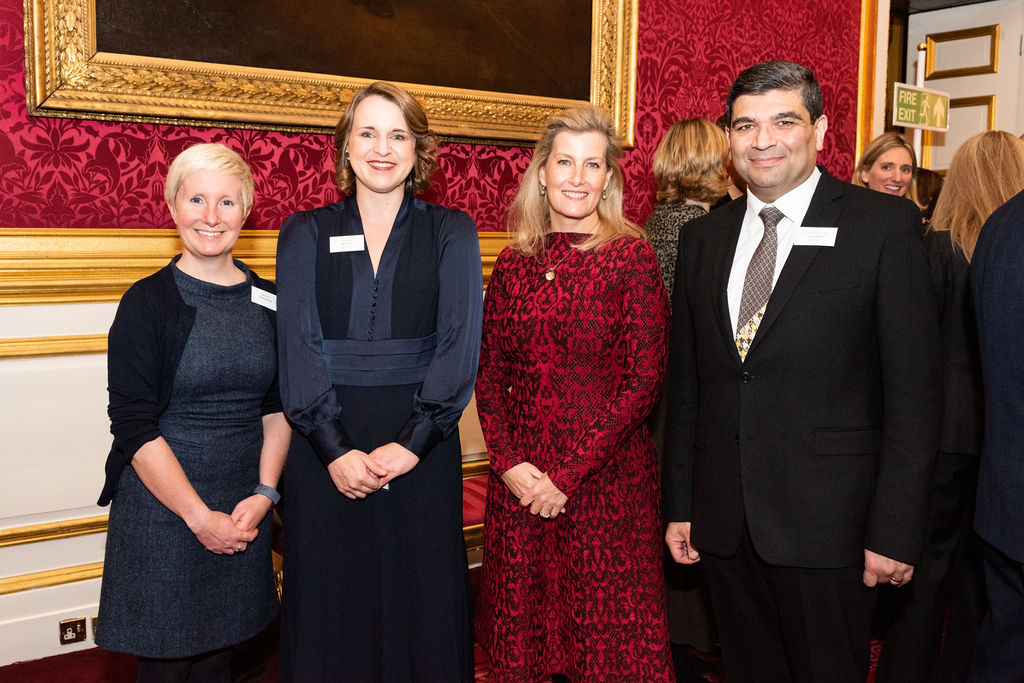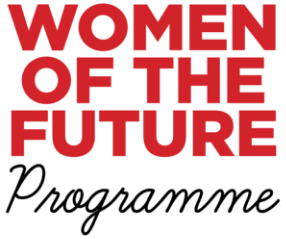
Leaders in business don’t often talk about kindness.
The language of leadership is so focused on strength, ruthlessness, profitability and productivity that running a business sounds more like a battleground than a breeding ground for bright ideas.
But, in this world of uncertainty – where knowledge and skills gaps are the norm, where we’re not even sure of the job description of a role let alone the job title and where technology is challenging our very definition of success – if there’s one thing I know, it is that the answers to the latest business challenges aren’t going to be found while we’re all fighting.
The answers will come from a bit of creative thinking.
And creative thinking only comes when we collaborate and lead with kindness.
I have seen what happens when you put kindness on the board agenda. I have seen what happens when you put people in an environment where they can thrive (often off the open plan floor). I have seen what happens when you acknowledge that every employee has hopes and dreams that don’t fall within office hours – and responsibilities that do. And I have seen what happens when you make failure a learning opportunity not a difficult conversation.
Kindness is not weakness. It’s not turning a blind eye to performance issues or papering over structural cracks just to ‘be nice’. Kindness is about trying to get the best out of people so they can (and will) give their best in return.
Kindness is good for business.
And, it’s good for you too.
You don’t have to immerse yourself in the science and the evidence (head straight for David Hamilton if you’re interested as he has authored many books on the subject), to feel good about doing good. You just have to give it a go.
I was lucky enough to make it onto the Kindness & Leadership, 50 Leading Lights inaugural kind leaders list in 2018 (please nominate someone for the 2020 list today) and it is a genuine privilege to be part of the associated network trying to change the conversation around kindness. But that recognition forced me to consider whether I was, in fact, as kind as I could be.
As a result, I turned myself into a student of kindness. First, I bought a lot of books and my bedside table is piled high with everything from novels to history lessons exploring the subject. Then, I set up The Daily Kindness Project, an Instagram feed dedicated to celebrating all aspects of kindness and encouraging others to build kindness into the fabric of their lives. And I introduced a One of a Kind email, sent to nominated individuals to remind them just how brilliant they are. In three small moves, I have genuinely seen the positive change a few kind words and gestures can bring.
What have I learned? When we are kind, we give people confidence to keep following their dreams. When we are kind, we actively seek out the good stuff and then more good stuff follows. When we are kind, we challenge our preconceptions. When we are kind we see that we all have the power to make a difference in the world.
And when we are kind, we release a few of those happy chemicals that remind us there is blue sky behind every cloud.
It’s not always easy being kind. It’s certainly not always free. It’s definitely not always comfortable. But it is always the right thing to do. And, it is always possible. Whether it’s choosing to find out more about people, saying thank you, sitting and listening rather than just guessing people’s needs (a homeless man taught me a lot about this) or giving others a platform on which to thrive, kindness is not a skill, it’s a choice.
The world needs more kind leaders.
You can be one of them.
And you can start right now…
Call to action
Nominate your kind leader: if there is someone you know in business who leads by example, we want to hear from you. To help us build the 2020 list of leading lights, send us your nomination today. And, please join us in calling out acts of kindness on social media using the hashtag #unstereotype so that we can all change the definition of great leadership.
